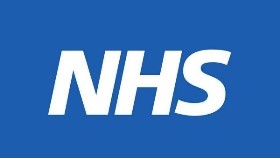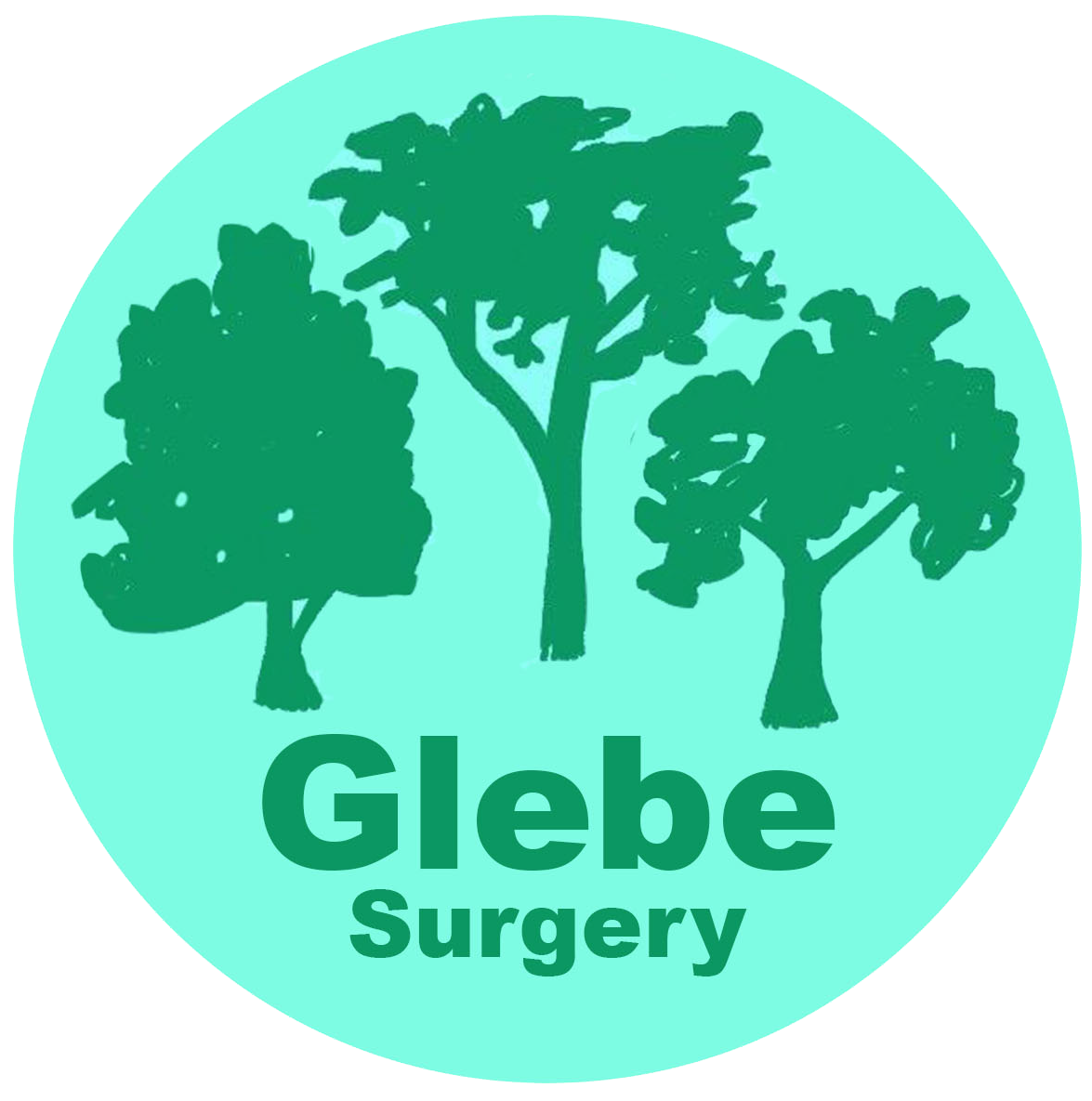Vaccinations/Immunisations


Vaccinations for Adults available at the Glebe
Last updated 10.12.24
Seasonal Flu Vaccines
Given every year to people aged 65 and over
The Flu vaccination is recommended for people at higher risk to stop them getting seriously ill from flu.
It is offered every year in autumn or early winter (season generally is from September to March annually – stock dependant)
You can get a free NHS flu vaccines if you:
- Aged 65 or over (including if you will be 65 by 31st March 2025)
- Have certain long-term health conditions
- Are pregnant
- Live in a care or residential home
- Are the main carer for an older or disabled person, or receive carers allowance
- Live with someone with a weakened immune system
- Frontline health and social care workers
Pneumococcal Vaccine
The pneumococcal vaccine helps protect against serious illness like pneumonia and meningitis. It’s recommended for people at higher risk of these illness, such as babies and adults aged 65 and over.
The pneumococcal vaccine helps protect against some types of bacterial infections that can cause serious illnesses like:
- Meningitis (an infection in the brain and spinal cord)
- Sepsis (a life-threatening reaction to an infection)
- Pneumonia (an severe infection in the lungs)
- It can also protect against other illnesses such sinusitis and ear infections.
Who should have it? How many doses?
Babies 1st dose at 12 weeks and a booster at 1 year
People aged 65 and over 1 dose when you are 65 onwards
Children and adults at higher risk
of getting seriously ill At least 1 dose (some people need extra doses or regular 5 yearly dose
Please contact the Glebe Surgery if you or your child has missed a
pneumococcal Vaccination.
Shingles Vaccination
The Shingles vaccine helps protect against shingles. It is recommended for
people at higher risk from Shingles, including those patients aged 65, those
aged 70-79 and those aged 50 and over with a severely weekend immune
system.
You’re more likely to get shingles, and it is more likely to cause a serious
problems, as you get older or if you have a severely weakened immune system.
The Shingle vaccine helps:
- Reduce your chances of getting shingles
- Reduce your chances of getting serious problems if you do get shingles
When should you have the Shingles Vaccine?
The shingles vaccine is recommended for some older adults and people with a severely weakened immune system.
- From 1st September 2023, you are eligible for Shingles vaccine when you turn 65 – you will be offered 2 doses 6-12 months apart.
- ***Please note*** – patients aged 66, 67, 68 and 69 WILL NOT be eligible until their 70th Birthday under the current UK Health Security Agency national guidance (previously Public Health England).
Shingles Eligibility Calculator link:
- You will remain eligible until your 80th
- Everyone aged 70-79 is eligible for a shingles vaccine
- The shingles vaccine which is currently used is called Shingrix – is its
non-live vaccine – and is 2 doses 6-12 months apart.
(Please note – patients who have previously had the Zostervax live shingles vaccines will not need a new Shingrix vaccine – it is a one off for your life)
IMPORTANT
You can get Shingles more than once, so it’s important to get vaccinated even if you had had shingles before.
- People aged 50 and over with a severely weakened immune system:
You’re eligible for the Shingles vaccine if you’re aged 50 or over and you’re at higher risk from shingles because you have a severely weakened immune system.
This includes:
- Some people with blood cancer (such as leukaemia or lymphoma)
- Some people with HIV or AIDS
- Some people who’ve recently has a stem cell transplant, radiotherapy, chemotherapy or an organ transplant
- Certain people taking medicines that severely weaken the immune system.
You will be given 2 doses of the Shingles vaccine. These are given between 8 weeks and 6 months apart.
RSV (Respiratory Syncytial Virus)
The RSV vaccine help protect against respiratory syncytial virus (RSV), a common virus that can make older adults seriously ill.
It is recommended for adults age 75 to 79 years. Older adults only need 1 dose, which should protect them for several years.
- If you are over 80 on or after 1 September 2024, you’re eligible for the RSV vaccine until 31st August 2025. You are not eligible for the RSV vaccine if you turned 80 before 1st September 2024
Covid Vaccinations
COVID-19 vaccination is effective and safest way to protect your-self from COVID-19.
Who can get a COVID-19 vaccine?
Additional protection for people with severely weakened immune system
COVID-19 vaccines are normally given seasonally, but some people with severely weakened immune system may need additional protection at other times.
Seasonal COVID-19 Vaccines
The NHS or the Glebe Surgery will contact you if your NHS record suggests you may be eligible for a seasonal spring COVID-19 vaccine.
You may-be able to get a spring COVID-19 vaccine from April 2024 if you:
- Are aged 75 years or over
- Live in a care home for older adults
- Are aged 6 months old or over and have a weakened immune system
Which Covid-19 vaccine will I get?
There are several different COVID-19 vaccines used in the UK. They have all met strict standards of safety, quality and effectiveness.
You cannot choose which COVID-19 vaccine you have. Most people can have any of the COVID-19 vaccines and you will be offered a vaccine that is suitable for you.
COVID-19 services:
Get information about NHS COVID-19 services such as vaccination services, testing and research contact by phone 119.
Vaccines for Pregnant Women
Vaccine When it is offered
Flu vaccine During Flu season
Whooping Cough (Pertussis) vaccine From 16 weeks pregnant (usually given in antenatal clinic at the hospital but we can also offer this vaccine at the Glebe Surgery)
RSV (Respiratory Syncytial Virus) It is recommended during every pregnancy (from 28 weeks onwards) to help protect you baby after it is born from illnesses such as Pneumonia and bronchiolitis.
Child Vaccinations
NHS Vaccination Schedule
Vaccinations for babies under 1 year old:
Age Vaccines
Primary vaccinations
8 weeks 6 in 1 vaccine (diphtheria, hepatitis
B, Hib (haemophilus influenza type b), polio, tetanus, whooping cough
Rotavirus Vaccine (oral live vaccine)
MenB Vaccine (meningitis B)
________________________________________________________________
12 weeks 6 in 1 vaccine (2nd dose)
Pneumococcal Vaccine
Rotavirus Vaccine (live oral vaccine) 2nd dose
________________________________________________________________
16 weeks 6 in 1 vaccine (3rd dose)
MenB vaccine (2nd dose)
Vaccines for children aged 1 to 15
Age Vaccines
1 year Hib/MenC Vaccine (1st dose)
MMR vaccine (1st dose)
Pneumococcal vaccine (2nd dose)
MenB vaccine (3rd dose)
________________________________________________________________
2 to 15 years Children’s flu vaccine (every year
Until children finish Year 11 of secondary school).
**This vaccine is administered by the school nurses at school not the Glebe Surgery**
________________________________________________________________
3 years and 4 months MMR vaccine (2nd dose)
4 in 1 pre-school booster
(Diphtheria, polio, tetanus,whooping cough)
_______________________________________________________________
12 to 13 years HPV vaccine
_______________________________________________________________
14 years 3 in 1 teenage booster (tetanus, diphtheria, polio)
MenACWY vaccine
**Please note: if your child is Home schooled or has missed a vaccination at
School, please contact the Sussex immunisation Team to book: https://www.sussexcommunity.nhs.uk/services/immunisation/108969
MMR Vaccination Reminder
Measles cases are rising in England. Measles is highly infectious and can be
Passed on even before a rash appears.
Make sure your child is protected from becoming seriously unwell with measles
By checking their MMR vaccinations are up to date – please contact the
Surgery.
Older children and adults who haven’t had both doses of MMR vaccine could
Also be at risk.
Two doses are needed for lifelong protection and it’s never too late too late too
Late to catch up. Book at appointment with a Glebe Practice Nurse. For more
Information about signs and symptoms of measles and what to do if you think
You or your child may have measles visit https://www.nhs.uk/conditions/measles/
NHS Travel Vaccines
If you’re planning to travel outside the UK, you may need to be vaccinate
against some of the serious diseases found in other parts of the world.
In the UK, the NHS routine immunisation vaccination schedule protects against
A number of diseases, but does not cover all the infectious diseases found
Overseas.
When should I start thinking about the vaccines I need?
If possible, see a travel clinic or approved pharmacy that offer a travel
Vaccination service at least 6-8 weeks prior to travel. Some vaccines need to
Be given well in advance to allow your body to develop immunity.
Some vaccines involve a number of doses spread over several weeks/months.
You may be more at risk of some diseases, for example if you’re:
- Travelling to rural areas
- Backpacking
- Staying in hostels or camping
- On a long trip rather than a package holiday
If you have a pre-existing health problem, this may make you more at risk of infection or complications from a travel-related illness.
What vaccines do I need to travel?
The Practice Nurses at the Glebe are NOT trained travel vaccination advisors and can only administer the vaccines. You should speak to a specialist in travel vaccinations at either an approved travel vaccination clinic or special travel vaccine trained pharmacist (available at some larger pharmacies) for which travel vaccines you should be covered for.
You can also access information on necessary or recommended for the areas you’ll be travelling to by visiting on these websites:
Travel Health Pro: https://travelhealthpro.org.uk/countries
NHS Fit for Travel: https://www.fitfortravel.nhs.uk/destinations
Some countries require proof of vaccination (for example, yellow fever).
Where do I get my travel vaccines?
You can obtain a copy of your vaccination history for our reception team at the Surgery. You can take this information to a travel clinic or pharmacies offering travel healthcare services.
Not all travel vaccinations are available free on the NHS, even if they’re recommended for travel to certain areas.
Which Travel vaccines are free and available at the Glebe Surgery?
The following vaccines are available free by the NHS:
- Polio (given as a combined diphtheria/tetanus/polio jab)
- Typhoid
- Hepatitis A
- Cholera
These vaccines are free because they protect against diseases thought to represent the greatest risk to public health if they were brought into the country.
Which vaccines will I have to pay for and where do I get them from?
You will have to pay for the following vaccines at a travel clinic / pharmacy offering travel healthcare services, we do not offer these at the Glebe:
- Hepatitis B
- Japanese Encephalitis
- Meningitis
- Rabies
- Tick-borne encephalitis
- Tuberculosis (TB)
- Yellow Fever
- Malaria medication
Occupational Vaccinations
We do not provide any occupational vaccinations or follow up blood tests at the Glebe Surgery which are not already free as part of the UK schedule for vaccination i.e. Hepatitis B. You would need to access these through your employer’s occupational health department or travel vaccination clinic.
